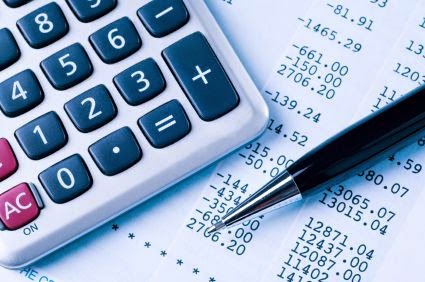Tips for New Homeowners: Revising Your Budget
As a renter or someone living in an older home, you may have
settled into what was a relatively comfortable budget. Now that you’re getting
ready to purchase a home, you are going to need to sit down and take some extra
time to review your budget, making changes for the new line items you’ll need
in your new place.
Regular Monthly
Expenses
First you need to consider the expenses that will occur
monthly, on a regular basis. These include:
- Your mortgage payment. This will be a fixed amount each month.
- Your utility payments. These may vary monthly depending on how you use electricity, gas, etc. Do not fall victim to “equal payment plans.” They are great for budgeting but only if you pay attention to your regular usage so that you can plan for the overages you may be billed for at the end of the year.
- Homeowners insurance. You may have had renters insurance in the past, but homeowners insurance is very different and it is definitely more expensive. It’s critical coverage, though, and something you need to keep. If for some reason your insurance cancels, your mortgage company may force-place alternative coverage, and that will cost you even more.
- Association fees. If you for some reason bought a home or a condo that is part of an association, you’ll need to make sure you are budgeting for your annual homeowners association fees, which may not be fixed each year. They are subject to change based on changes to the association’s insurance premiums, costs for outside maintenance, and more.
Surprises and New
Home Considerations
There will, of course, be plenty of expenses you may not
have planned for. Some of these should be budgeted into your new home plan
while others just need to be in savings. For example:
- Repairs to your new home. No home is perfect, and even if a repair wasn’t something the seller needed to make, you may find things you’d prefer to work on sooner rather than later. These repairs may include new gutters, newer windows and doors, having the HVAC system serviced, building a fence, and more. Anticipate the changes and repairs you’ll want to make and include them in your budget when preparing for the move.
- Decorating your new home. This part should be fun, but you still need to set a budget. Include a budget for the initial move (paint, curtains, rugs, flooring projects, etc). Then include a small line item for your savings so you can decorate for the holidays and add little pieces throughout the year. As long as your home is livable, you don’t have to do all of your decorating at one time.
- Emergency maintenance and repairs. This should be an ongoing line item that goes directly into your savings. This money will pay for emergencies – plumbing, heating, washer/dryer malfunctions, etc. Having some money set aside will help you to avoid debt in an emergency situation.
These are, of course, just a few examples of the items you’ll
need to include in your budget. Your food, gas, student loan, credit card
bills, and other costs are all items to remember as well.

Comments
Post a Comment